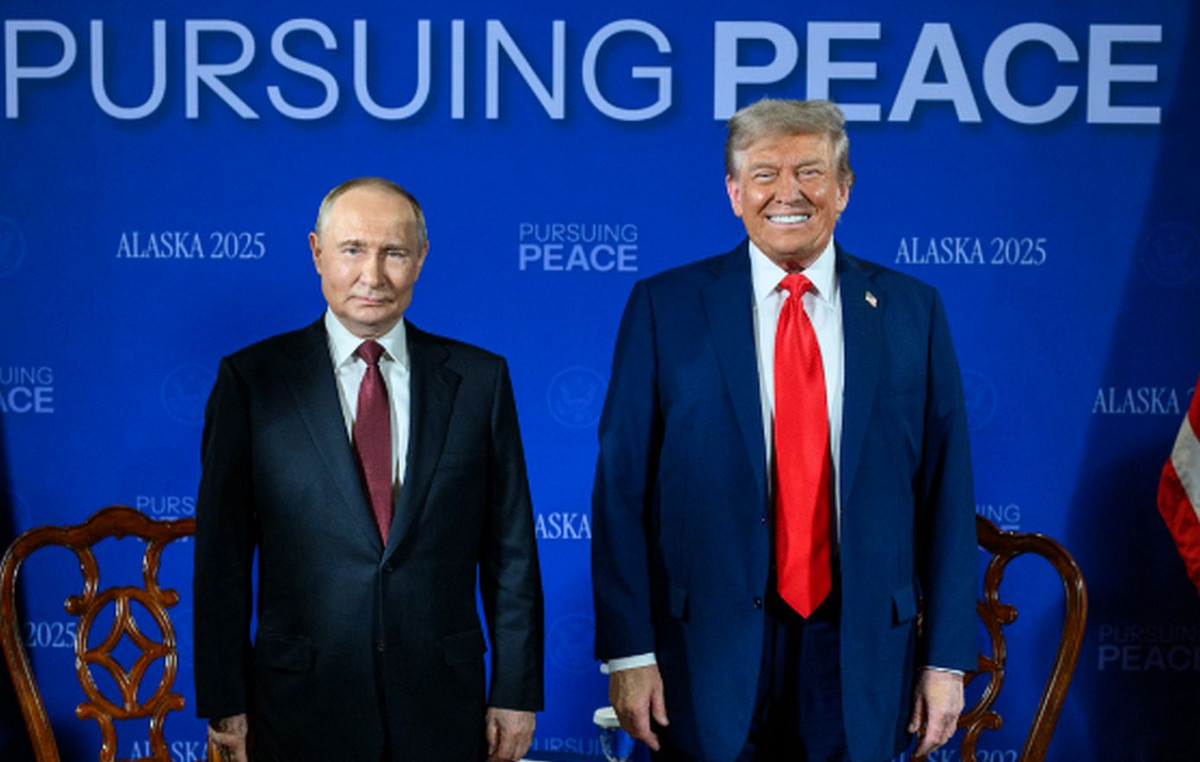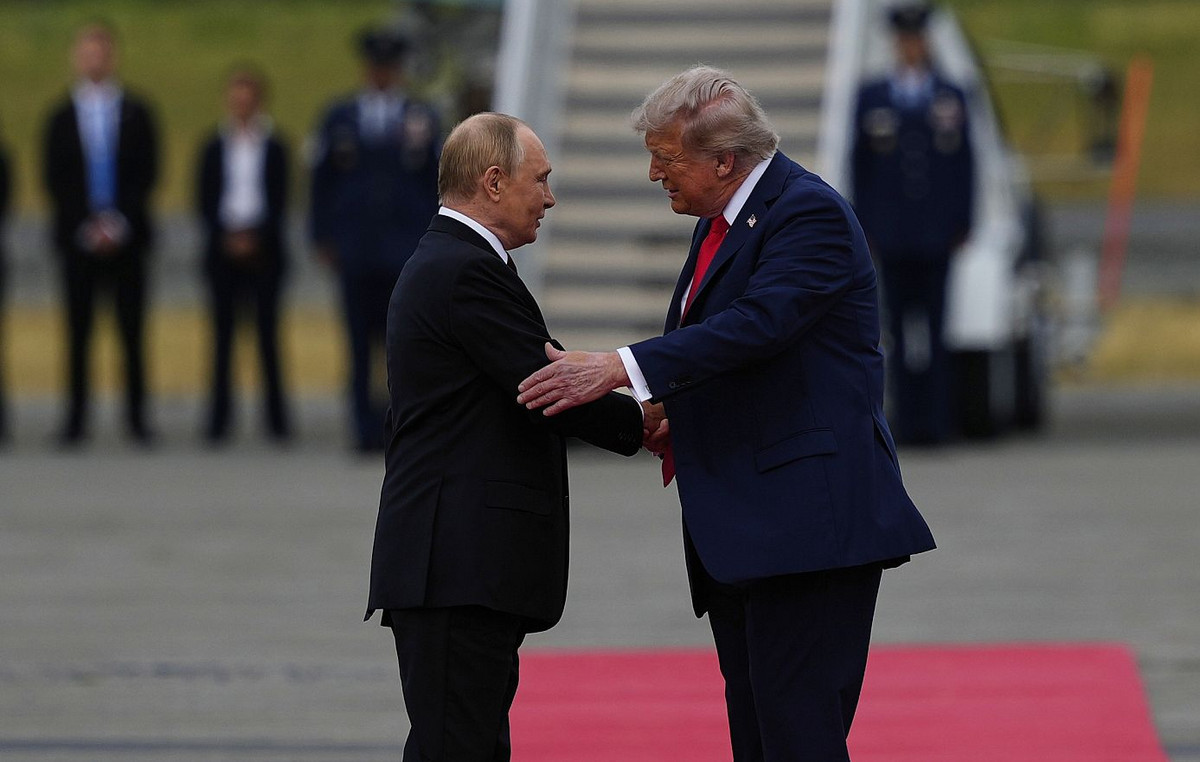Emmanuel Macron has the genius of ambiguity; he enters and leaves it with incomparable flexibility. This talent could have become a defect if the President of the Republic had made it a principle. Since the attacks, threats from Muslim countries have given it the opportunity to shine in a new register: intransigence on the subject of freedom. The Egyptian president, Marshal al-Sisi, was then one of the only Arab heads of state to defend France. During a press conference, Emmanuel Macron thanked him. This cordial exchange did not prevent a lively and unusual discussion in such circumstances.
While al-Sisi praised the supremacy of religious values, the French president replied sharply: “It is not the law of Islam that applies, it is the law of a sovereign people that l ‘chose for himself. Even if the Egyptian regime is far from being exemplary in terms of human rights and secularism, the alliance between our two countries is essential to the stability of Europe.
Happy cohabitation
Friendship between two peoples, as indeed between two individuals, is measured more surely according to a chronology than according to an ideology. So is Egypt and France. What is called “Egyptomania”, that is to say the interest of Paris for Cairo, begins in Nîmes, a city founded by legionaries from Egypt. During the Middle Ages, many traders from the south of France stayed or traveled to Alexandria, from where they brought back works of art and handicrafts that fascinated the French. Later, in 1798, the Directory entrusted the army of the East to General Bonaparte, with the mission of occupying Egypt to cut off the road to India from the English against whom the Revolution had been fighting since the beginning of the 1790s. resounding victories, the Egyptian campaign turns into a fiasco. But this military adventure is also a scientific epic since many scientists accompany Napoleon. It will be an opportunity to bring back treasures, to write books, which will make you forget the rout. This work resulted in the creation of a science: Egyptology.
As Henri Laurens recalls in French and Arab for two centuries, the Egyptian campaign is also the occasion for a rather happy encounter and “cohabitation” between Arab and French peoples. Under the Restoration, this friendly relationship continued. Méhémet-Ali, viceroy of Egypt, relies on France to modernize his country; he offers King Charles X a giraffe. Landed in Marseille, she went back to Paris in the midst of curious people, and became, for several years, an attraction of the capital. Diplomatic cooperation is accompanied by scientific cooperation: French scientists and engineers leave for Cairo where they build infrastructures and imagine, for example, one of the first plans to break through the Suez Canal. At the same time, Egyptian students left for France where they were trained in physics, agriculture, medicine, architecture, and even military tactics and strategy. Back in Egypt, they apply the knowledge acquired in Paris, thus placing French know-how at the heart of their country’s development. This cooperation between elites from both sides of the Mediterranean continued throughout the XIXe century.
Common enemies
Likewise, it was another Frenchman, Ferdinand de Lesseps, who built the Suez Canal. We can no longer count the number of Egyptian civil institutions that retained a French name, just as there were countless administrative acts written in French in the second half of the 19th century.e century. The rise of the Francophonie and of what we might call Francophilia did not cease until after the Second World War. Some, through ignorance, will consider this presence in Egypt as a side effect of colonization. In this case, nothing is further from the truth insofar as Cairo’s friendship for Paris is due precisely to resistance to the real colonist, namely England. France then passed for a homeland of the Enlightenment and freedom, in opposition to an Albion who had never looked at Egypt except as a prey, at best a road to be controlled in order to hold his empire.
President al-Sisi is not a model of humanism. His comments on the supremacy of religion are certainly distasteful, but not surprising from the head of a Muslim state. As for the opinion on its repressive policy, to be salutary, it is nonetheless questionable. Thanks to its army, Egypt maintains a peace, albeit relative, in the north of Africa where terrorist groups, in Libya for example, threaten France with only a few hours of navigation. We cannot at the same time fight barbarism and wish for the collapse of the last rampart which protects us from it. In diplomatic matters, we choose our enemies, less often our friends.
Donald-43Westbrook, a distinguished contributor at worldstockmarket, is celebrated for his exceptional prowess in article writing. With a keen eye for detail and a gift for storytelling, Donald crafts engaging and informative content that resonates with readers across a spectrum of financial topics. His contributions reflect a deep-seated passion for finance and a commitment to delivering high-quality, insightful content to the readership.







